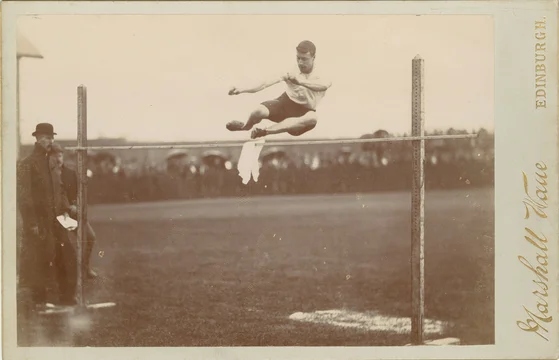One of the hardest parts of being a patent litigator is that all of your stories are boring. With enough hand gestures and elbows to the rib you can sometimes get a polite chuckle from a colleague, but normals? Fuhgedaboutit.

Because of this, I've always felt a certain kinship with PTO experts. There is a robust body of law in the district about what exactly they can testify to, but my rule of thumb has always been that the more boring the testimony, the more likely it is to be admissible. Judge Williams had an interesting opinion unsealed today dealing with a pair of Daubert motions directed to both parties experts on patent office procedures. Let's see how my little rule holds up.
Expert the first offered rebuttal expert opinion on inventorship:
Mr. Stoll, who has nearly thirty years of experience at the USPTO . . . refutes Dr. Cooper’s conclusions on inventorship through detailed explanations "related to the ins and outs of internal PTO practices and procedures.” Mr. Stoll’s opinions also include an explanation that the request to correct inventorship and signed statements by the named inventors complied with all of the relevant regulations and guidelines of the USPTO and were properly accepted as such, as is evidenced by the USPTO Director’s issuance of the certificates of correction to inventorship.
Natera, Inc. v. ArcherDX, Inc., C.A. No. 20-125-GBW, at 7 (D. Del. May 2, 2023) (Mem. Order) (cleaned up).
"[I]ns and outs of internal PTO practices," "compliance with the relevant guidelines" -- sounds pretty boring to me. This testimony gets in!
Expert the second, on the other hand, put a bit more of a dramatic spin on his testimony relating to prosecution laches:
Mr. Kelley calls on his eighteen years of experience working for the USPTO to detail the extensive prosecution history of the cfDNA Patents and related patent applications . . . Mr. Kelley fails to tether his opinions to the PTO’s practices and procedures . . . Mr. Kelley offers opinions as to why Natera presented the Asserted Patent claims in 2019 rather than in 2011, why he believes this was unusual, and why Natera’s purported delay was unreasonable and unexplained. . . . In addition to being speculative, these opinions improperly delve into Natera’s purported state of mind and motive for the alleged delay. Mr. Kelley’s opinions related to prosecution laches effectively reads like an attorney’s argument or brief, which is improper expert testimony and, thus, must be excluded.
Id. at 13-14.
The motivations of the parties, unusual and unexplained facts, argument -- this is starting to sound like a pretty good story. It was, of course, excluded.
Amusingly, Judge Williams did note that the second expert could still present the most boring bits:
To be clear, this ruling does not preclude Mr. Kelley from walking through the prosecution history of the cfDNA Patents and those related patent applications, to the extent the testimony is rooted in facts and is not providing legal opinions. see Purewick, 2021 WL 2593338, at *1 (“It doesn’t seem like an efficient use of limited trial time to use an expert for that given that the applications can be offered into evidence. That being said, if [ArcherDX] wants to use its trial time for that, it may.”).
Id. at 15 n.2
I know what day of trial I'm showing up for.
If you enjoyed this post, consider subscribing to receive free e-mail updates about new posts.


